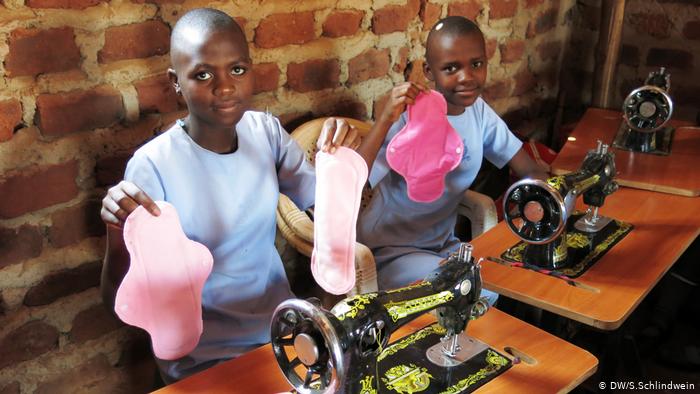
Opinion: Menstrual hygiene is everyone’s responsibility


Marsella Ariso
According to World Health Organisation, Menstrual Hygiene Management (MHM) is defined as ‘Women and adolescent girls using a clean menstrual management material to absorb or collect blood that can be changed in privacy as often as necessary for the duration of the menstruation period.
It also involves using soap and water for washing the body as required, and having access to facilities to dispose of used menstrual management materials.
Globally, 52% of women and girls are of reproductive age.
Yet, a massive stigma still shrouds the topic of menstruation, and the taboo topic often makes it difficult for girls and women in many countries and regions to obtain sanitary products and to practice optimal menstrual hygiene.
It has been highlighted that menstrual hygiene concerns the dignity and well-being of all women and girls, particularly school-aged girls who often miss classes due to inadequate menstrual hygiene management, which underpins rights to sanitation and gender equality in education.
First of all, inequality in relation to menstrual hygiene management has many causes, such as lack of information about menstruation, unsatisfactory sanitation infrastructure, supplies often being unavailable or unaffordable, and unfortunately in many places around the world, the fact that menstruation is a taboo topic.
Unfortunately, young adolescent girls tend to be less prepared for MHM and suffer from anxiety, apprehensions, fear and shame during their menses.
In addition, pre-existing social taboos and cultural restraints during menstruation mean that managing menstruation is a greater challenge during disasters.
Furthermore, there is limited access to reproductive health services and safe menstrual hygiene materials during disasters.
Menstrual hygiene needs are not only specific and pressing to women and girls in reproductive age but also require access to same management of the menstrual period, a basic reproductive health right.
In emergencies, the usual lifestyles of affected individuals change and they are confronted with additional stress that could worsen their physical and psychological well-being.
Provision of fundamental human requirements such as shelter, food, clean water and medicines is prioritised; however other needs such as safe menstrual hygiene management that can have profound psychosocial impact if unmet are often neglected.
Menstrual hygiene campaigns help to break the silence and build awareness about the fundamental role that good menstrual hygiene plays in enabling women and girls to reach their full potential.
It catalyses a growing, global movement for Menstrual hygiene management and supports partnerships at global, regional, national and local level.
Menstrual hygiene campaigns also create opportunities for advocacy for the integration of Menstrual Hygiene Management into global, national and local policies, programmes and projects.
The author works with Uganda Martyrs University
The post Opinion: Menstrual hygiene is everyone’s responsibility appeared first on Nile Post.
0 Response to "Opinion: Menstrual hygiene is everyone’s responsibility"
Post a Comment